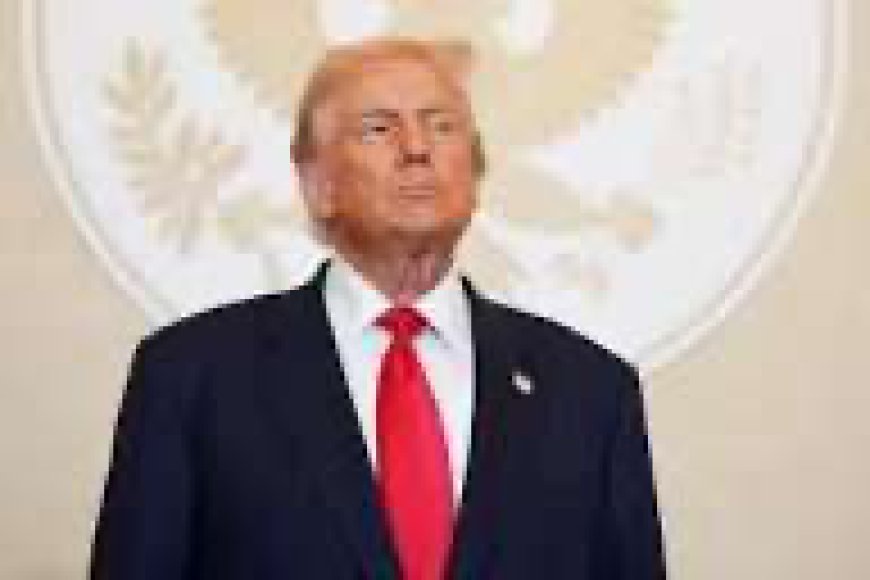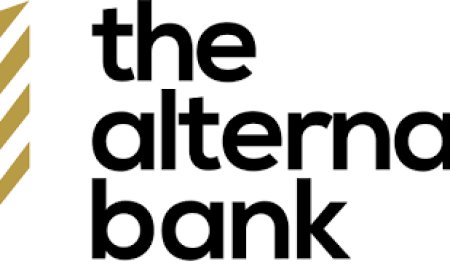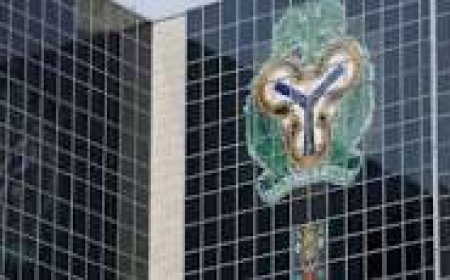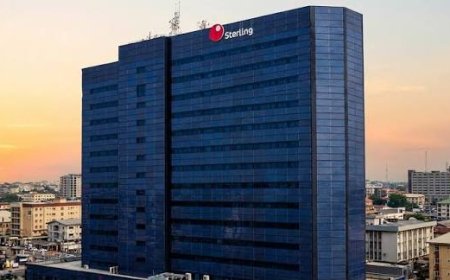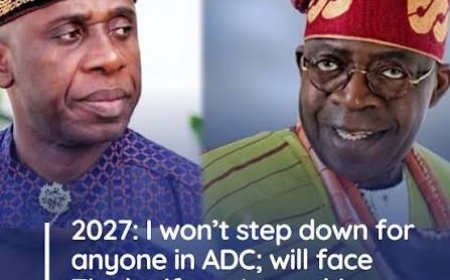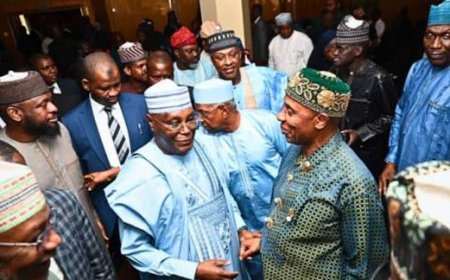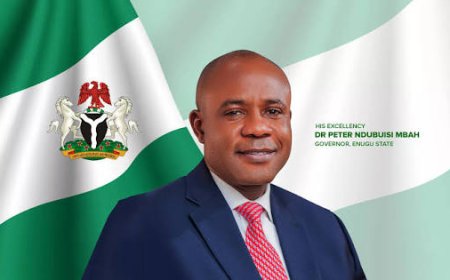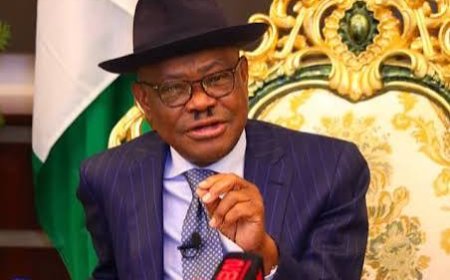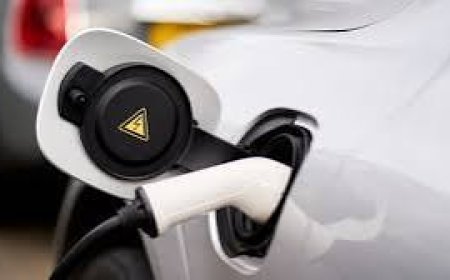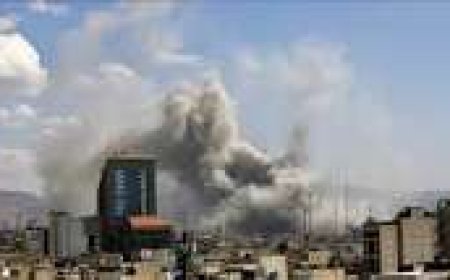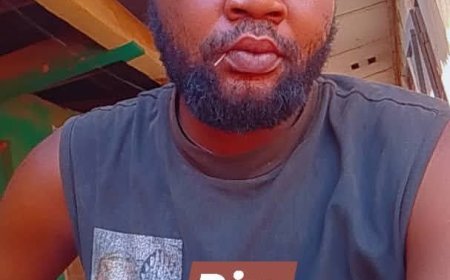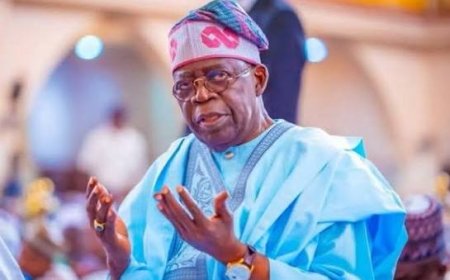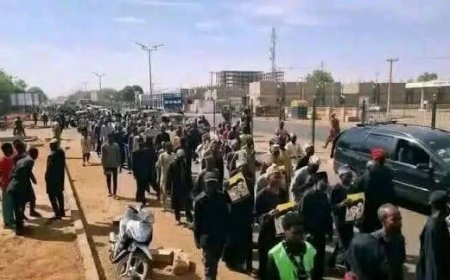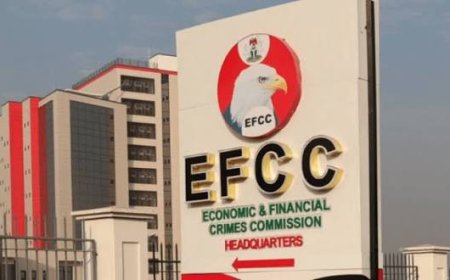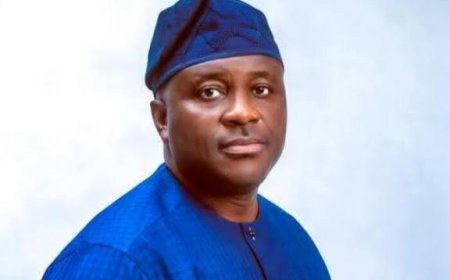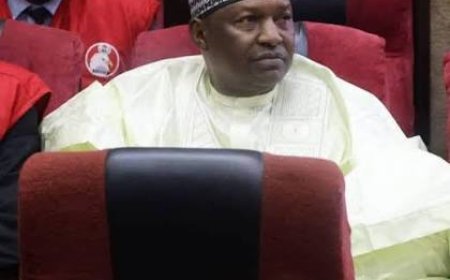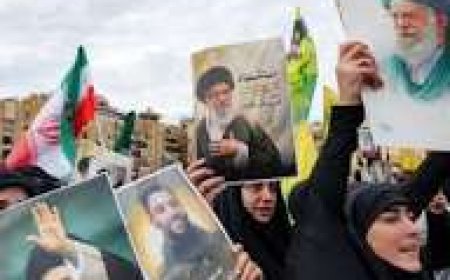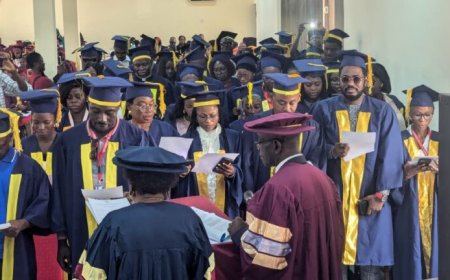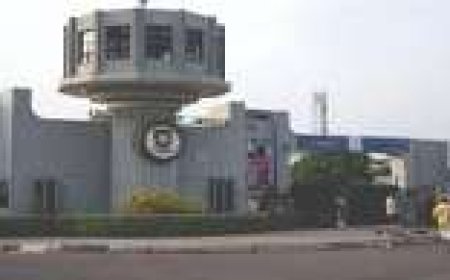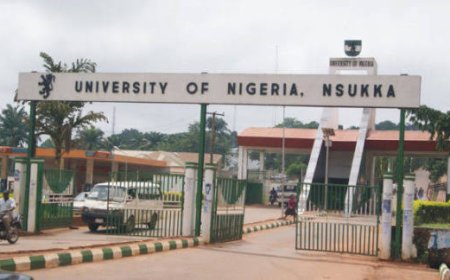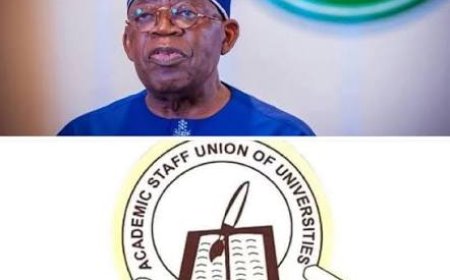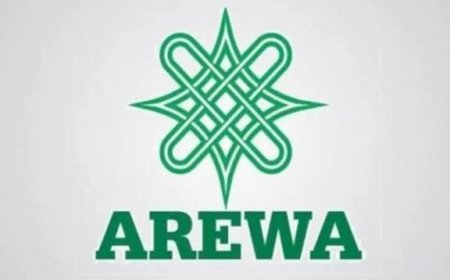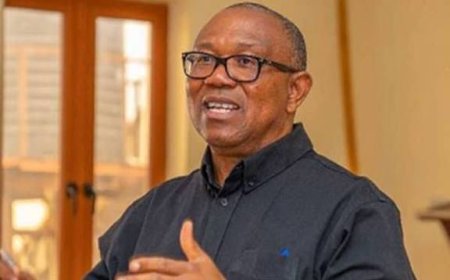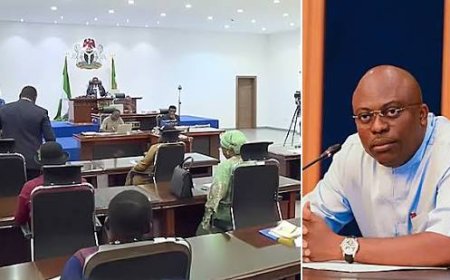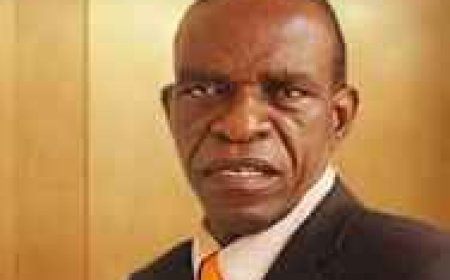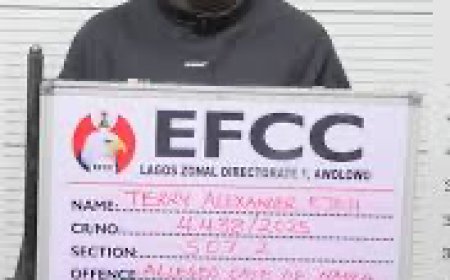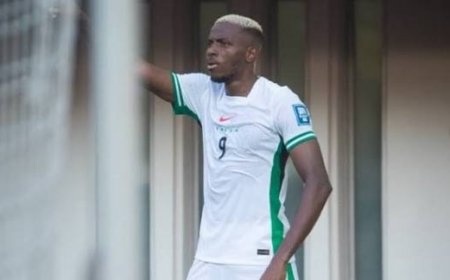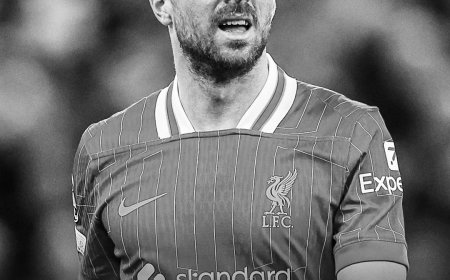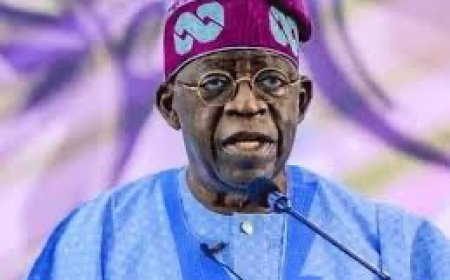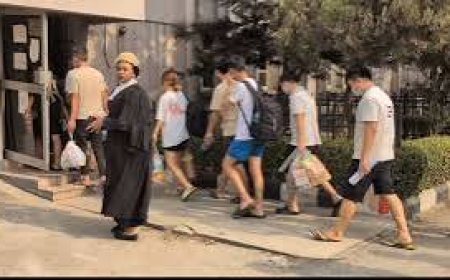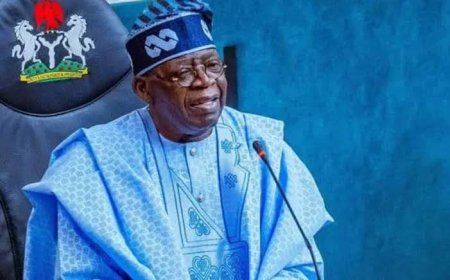Political Musing of Thursday November 6, 2025
By Ike Abonyi
“The only title in our democracy superior to that of President is the title of citizen.” - Justice Louis D. Brandeis
In what area do Nigerians desperately need President Trump's and the US's intervention? It's in helping Nigerians assert their citizenship rights to be able to choose the leaders of their choice. Every challenge facing the country, including the Christian genocide, stems from citizens' rights fraudulently and blatantly taken away by a gang of power mongers.
Since President Donald Trump of the United States designated Nigeria as a Country of Particular Concern (CPC), reactions have been mixed. Given that Nigeria has a fairly equal split between Christian and Muslim populations, this mixed response was anticipated.
Many Christians recall horrific incidents such as the kidnapping of the Chibok girls, Leah Sharibu’s captivity, the brutal killing of Deborah Samuel in Sokoto—whose murderers remain unprosecuted—and ongoing violence in Benue and Plateau states, as well as the massacre of worshippers in various churches, including the tragic incidents like the Owo church massacre and the Christmas Day bombing in Madala near Abuja.
Muslims, too, have experienced brutal attacks, with worshippers targeted in mosques across states like Borno, Zamfara, and Kaduna. While some might argue that Muslim extremists initiated this violence by targeting Christians, it has since spiralled out of control and affected Muslims as well, as a pattern of retributive justice.
The origins of the Boko Haram insurgency are complex, rooted in a conflict that began under the opposition All Nigeria Peoples Party (ANPP) government in Borno state while the People’s Democratic Party (PDP) held power federally. However, the situation deteriorated significantly under the All Progressives Congress (APC) administration from 2015 onward. The late President Muhammadu Buhari was initially viewed as a potential solution to the Boko Haram crisis, having garnered support from the United States during Barack Obama's administration. As a retired military officer, many believed he had the necessary credentials to address Nigeria's pressing issues of corruption and insecurity.
Unfortunately, after eight years, his administration did not live up to those expectations. Nigeria faced escalating challenges, worsening under President Bola Ahmed Tinubu. During Tinubu’s presidency, insecurity and corruption intensified, leading to widespread disillusionment among the population.
President Tinubu may argue that his administration has not intentionally targeted Christians, but he cannot escape the fact that his leadership has contributed to the prevailing tensions. His decision to run a Muslim-Muslim ticket for President and Vice President raises questions about his commitment to including Christians in the political framework. His willingness to overlook Christian interests for political expediency reflects a troubling disregard for equity and justice among all religions.
The pressing question now is: how will the CPC designation impact Nigeria and its citizens? Will it help ease the Christian-Muslim tensions in the country's political sphere or exacerbate them?
In light of concerns that this new status might worsen Nigeria's challenges, our discussion this week focuses on essential areas where Donald Trump, the U.S., and the international community can assist Nigeria. Fundamentally, Nigeria's biggest problem is not religious division; it is the political elite who exploit the poor for their own gain while using religion as a tool for their selfish interests. Ordinary Nigerians, regardless of religion, coexist peacefully in their impoverished communities. Conflict arises when these elites manipulate religion and ethnicity to fuel division as they chase political power.
There is palpable fear surrounding Trump’s threats, and if any negative actions arise from him, it will be the marginalised citizens who bear the brunt. The religious and political leaders who stir division in Nigerian politics are unlikely to suffer consequences from international pressure; many of them could simply flee the country, often to the U.S., where their families enjoy lifestyles funded by misappropriated public money.
If democracy, as Sydney J. Harris suggested, is about holding those in power accountable, Trump and his administration should help Nigerians by using their influence to question President Tinubu and the APC about their legitimacy to govern Nigeria. If Trump is genuinely interested in assisting Nigeria, he should address the deeper causes of the country's issues. To many discerning minds, Trump and the US are just grandstanding so long as they hold back documents in their custody that could make President Tinubu unworthy for the job for which the American court is blocking.
The root cause of Nigeria’s problems, simply put, is politics fueled by corruption, facilitated by the West, which harbours these stolen funds. The issues plaguing our system—tribalism, corruption, insecurity, nepotism, and religious bigotry—are exploited by political elites to maintain their grip on power.
This exploitation is why our nation has been unable to conduct free, fair, and credible elections. It also explains why our democracy has remained stagnant despite 26 years of continuous civil rule. Furthermore, it is a significant factor in why some people still contemplate a military coup. Democratic institutions in our society are ineffective; our judiciary and legislature are largely comatose, often complicit in the corruption of the executive branch.
Political parties have become hotbeds of corruption, and under President Tinubu, they have become so compromised that they undermine the notion that a vibrant opposition in democracy is essential to its growth. Virtually all political leaders elected from opposition parties in 2023 have been either bought or coerced by the ruling party, whose focus is not on governance but rather on political manoeuvring.
President Tinubu's assertion that there is no Christian genocide cannot be substantiated. His government is preoccupied with the 2027 election, making it difficult for them to provide a truthful account of the real situation across the country.
Against this backdrop, if President Trump is genuinely interested in helping Nigeria and its citizens, regardless of their religion, he should assist in building a solid foundation for our democracy—one that empowers the people rather than a gang of corrupt political criminals who hijack power and exploit the populace.
If Trump truly wants to help Nigeria's impoverished population, which, according to World Bank data, had 139 million people living in multidimensional poverty as of 2025 (an increase from 87 million in 2023), he should take a tough stance against corrupt leaders.
If America can investigate religious activities in Nigeria and discover that Christianity is under severe pressure, it should dig deeper, as religion is only one aspect of the problem. While more Christians may be political victims, a larger number of Muslims are also among the impoverished, emphasising how both groups are exploited by leaders who use religion for personal gain.
The United States serves as a refuge for looted funds from Nigeria, and its systems are capable of tracing these assets. Nearly all politicians entering Nigerian politics seem to have no wealth until they assume office, at which point they suddenly become billionaires. They often channel these stolen funds into the U.S., Europe, and recently Asia for the benefit of their families. Nigerian elites are also among the highest patrons of healthcare and educational tourism abroad because the funds meant for improving health and education have been siphoned off by corrupt officials. It's tragic that, in a resource-rich nation like Nigeria, life expectancy stands at just 54 years, one of the lowest rates in the world.
Nigerians are well aware of their challenges but feel powerless, as the criminal gang in power has devised methods of keeping them divided along religious and ethnic lines through corruption. Under President Tinubu, the critical institutions that are supposed to enhance democratic governance—the legislature, the judiciary, and the electoral commission—have all become subservient to the executive due to corruption.
Therefore, where Nigeria most urgently requires Trump’s assistance is in conducting free, fair, credible, and transparent elections in 2027. The last truly free and fair election in Nigeria was in 2015, in which America played a significant role. This election elevated Nigeria’s democratic standing, while subsequent elections in 2019 and 2023 have severely reversed those gains.
Political circles discuss how America’s influence was pivotal in 2015, noting that then-President Goodluck Jonathan was not a power-hungry leader like the current administration. However, we must also consider the political environment in the United States now, where the current president is also perceived as a self-serving figure focused on achieving results.
Threats of war over religion will not resolve Nigeria’s issues. Instead, there is a need to guarantee the true independence of the National Electoral Commission, insulating it from political interference, ensuring its funding is secure, and selecting its staff based on merit and integrity.
Some deceitful individuals and propagandists, who feel threatened by credible elections, may argue about a country's sovereignty merely to hinder external assistance. However, what does it mean for a country to be sovereign if it cannot hold straightforward elections to choose its leaders?
To summarise, rather than resorting to war, Nigeria needs international support for electoral reform and good governance. This would help establish a stable democracy and promote economic growth and development. If Trump is sincere in his comments, he should stop labelling Nigeria as a disgraced country while simultaneously playing up American interests. How can Nigeria take Trump seriously when the U.S. is keeping back important information that could aid Nigeria's political progress? God help us.
